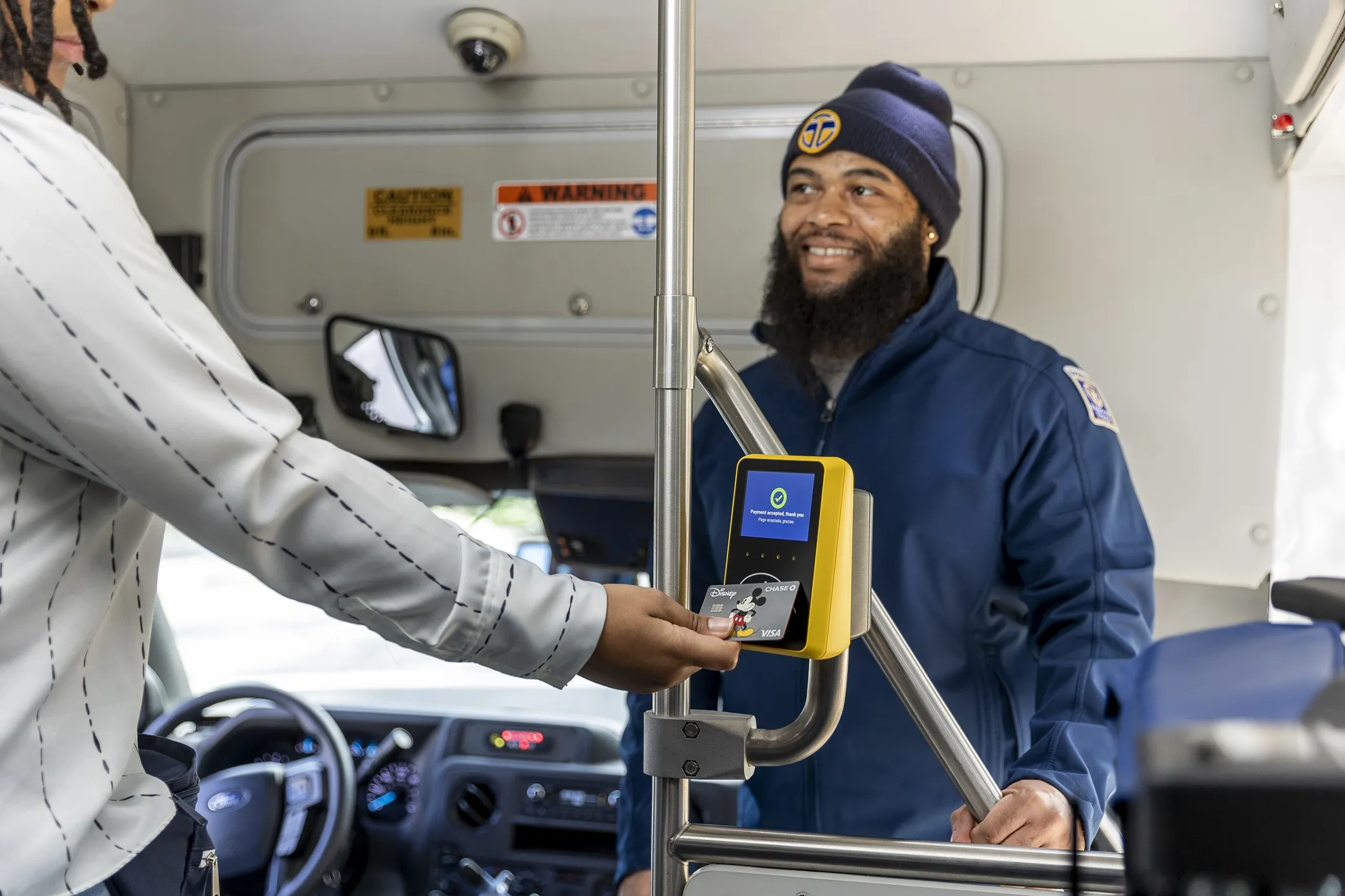Fast Pass is a three-year project, funded by OSEO (French innovation fund), the European Fund of Regional Development (FEDER), the Toulon Provence MΘditerranΘe community council (TPM), and the Alpes-Maritimes and regional county council and it has been supported by the SCS cluster.
March 23, 2012
Read time: 2 mins
Specialist in contactless technology, 150 ASK, has announced it is the project leader of the innovative Fast Pass project with its partners STMicroelectronics, LEAT (French Laboratory of Electronics, Antennas and Telecommunications) and ISEN (Toulon-based Engineering School). Fast Pass will bring mass transit operators contactless ticketing products with transaction speed and security-level performance that has never before been achieved while delivering outstanding ergonomics.
Fast Pass is a three-year project, funded by OSEO (French innovation fund), the European Fund of Regional Development (FEDER), the Toulon Provence Méditerranée community council (TPM), and the Alpes-Maritimes and regional county council and it has been supported by the SCS cluster.
As contactless technology-based systems expand their penetration in public transport, banking and secure documents sectors, transport operators are increasingly willing to leverage their general offer with multi-application contactless smart cards. The brand new range of Fast Pass technology will meet new anti-fraud requirements with a security level that goes beyond the current EAL4+ standard. A transaction speed below 80ms and an average communication distance over 10cm will increase passenger flow and improve passenger convenience.
“Previously, all actors involved in contactless smart cards manufacturing, from chip suppliers to operating-system developers and antenna designers had to compromise on performance to optimize three essential features: security level, transaction speed and distance,” says Amand Cochet, senior VP at ASK. “With the Fast Pass project, we benefit from the expertise of each partner to bring to the market a truly innovative product. Among the benefits we’re delivering, the contactless smart card complies with ISO14443 type A and B and therefore allows, for instance, a student to use type-B-based public transport and type-A-based university access control and services, with the same card.”
Fast Pass is a three-year project, funded by OSEO (French innovation fund), the European Fund of Regional Development (FEDER), the Toulon Provence Méditerranée community council (TPM), and the Alpes-Maritimes and regional county council and it has been supported by the SCS cluster.
As contactless technology-based systems expand their penetration in public transport, banking and secure documents sectors, transport operators are increasingly willing to leverage their general offer with multi-application contactless smart cards. The brand new range of Fast Pass technology will meet new anti-fraud requirements with a security level that goes beyond the current EAL4+ standard. A transaction speed below 80ms and an average communication distance over 10cm will increase passenger flow and improve passenger convenience.
“Previously, all actors involved in contactless smart cards manufacturing, from chip suppliers to operating-system developers and antenna designers had to compromise on performance to optimize three essential features: security level, transaction speed and distance,” says Amand Cochet, senior VP at ASK. “With the Fast Pass project, we benefit from the expertise of each partner to bring to the market a truly innovative product. Among the benefits we’re delivering, the contactless smart card complies with ISO14443 type A and B and therefore allows, for instance, a student to use type-B-based public transport and type-A-based university access control and services, with the same card.”










